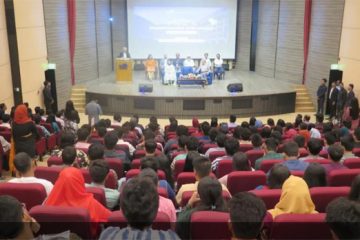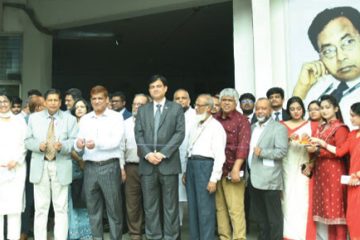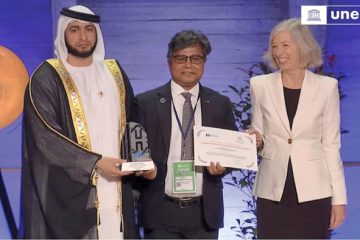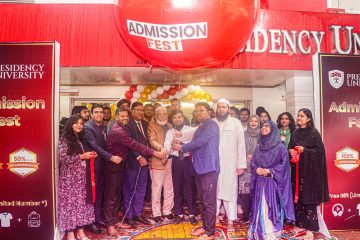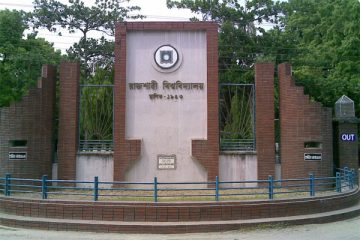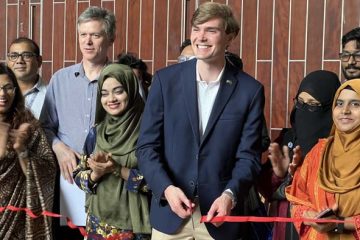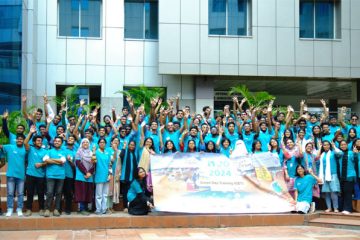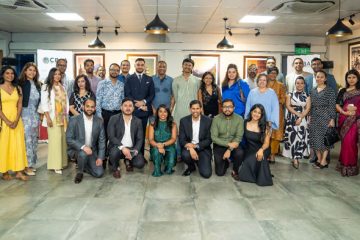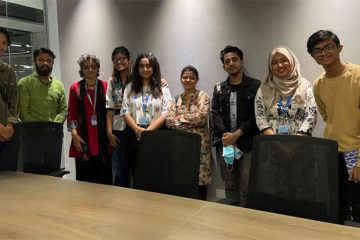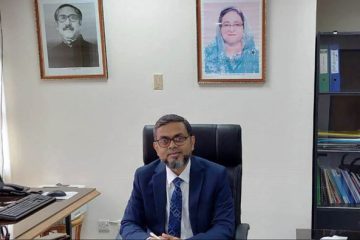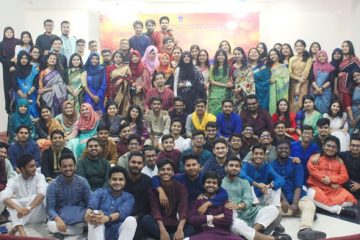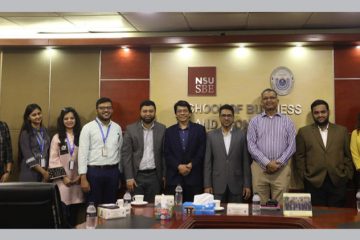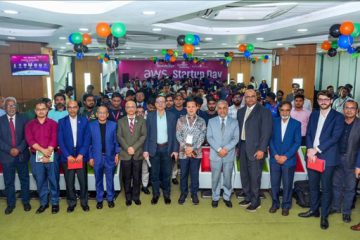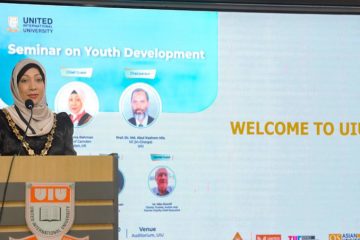The top management of BRAC on Monday expressed intention to play catalytic role for reducing inequalities and discrimination through building stronger relations between the state and social entities.
‘Bureaucratic process of the implementation of development projects is a major problem,’ Hossain Zillur Rahman, chairperson of BRAC Bangladesh governing body, said at a press conference organised in observance of the 50 years of the organisation.
‘In the coming years, we aspire to play a catalytic role effectively at an even greater level, in the international periphery, aimed at building stronger relations between the state and social entities,’ he said.
Creating new platforms for knowledge-based empowerment of the people would be necessary for addressing inequalities in the underdeveloped countries, Zillur, also an adviser to former caretaker government, said.
BRAC was founded by Fazle Hasan Abed in 1972 in Sulla, a remote upazila of Sunamganj, to assist the repatriating refugees in rebuilding their life.
Irene Khan, chair of BRAC International supervisory board, emphasised ensuring accountability in the political system as well as in other spheres of the society for making progresses made so far in last 50 years.
Mentioning about the recent crises the world was facing, including skyrocketing prices of essential commodities and climate change, she said BRAC would require to continue its work in Bangladesh and elsewhere in the world ‘by combining ideas and risk factors’.
Asif Saleh, BRAC Bangladesh executive director, expressed concern about the crisis the NGOs and the members of the civil society were facing in implementing programmes in Bangladesh and abroad.
Role of the NGOs would be crucial in resolving problems involving mental health, climate change, youth unemployment and gender disparity, and emerging problems created from rapid spread of the urbanisation, he said, adding that the governments cannot resolve all the problems.
He said BRAC would work in a more focused manner to address problems involving the shortage of affordable education and health services, mental health support and youth employment.
Mentioning the increase of inequality and income disparity with the rise of gross domestic product, Tamara Hasan Abed, BRAC Enterprises managing director, said people should be made capable of becoming more productive through updating policies, imparting continuous learning and skills training.
Keeping in consideration ‘social enterprise’ as a model for finding solutions to the emerging problems, she said, ‘We didn’t retreat when we faced constraints while attempting to solve a problem. Rather we had built new initiatives as solutions to the problems. We worked with the deprived communities to create solutions.’
About the current operations of BRAC in nine other countries now, Shameran Abed, BRAC International executive director, said that BRAC was making effective use of experiences in Bangladesh and in other countries, at the same time bringing in lessons from other countries to create solutions of problems here.
He expressed hope to resume operations of BRAC International services in Afghanistan soon and in several other countries within 4/5 years.
BRAC operations came to a halt in Afghanistan since taking over by Taliban in February this year.
BRAC director Moutushi Kabir also spoke at the press conference.


